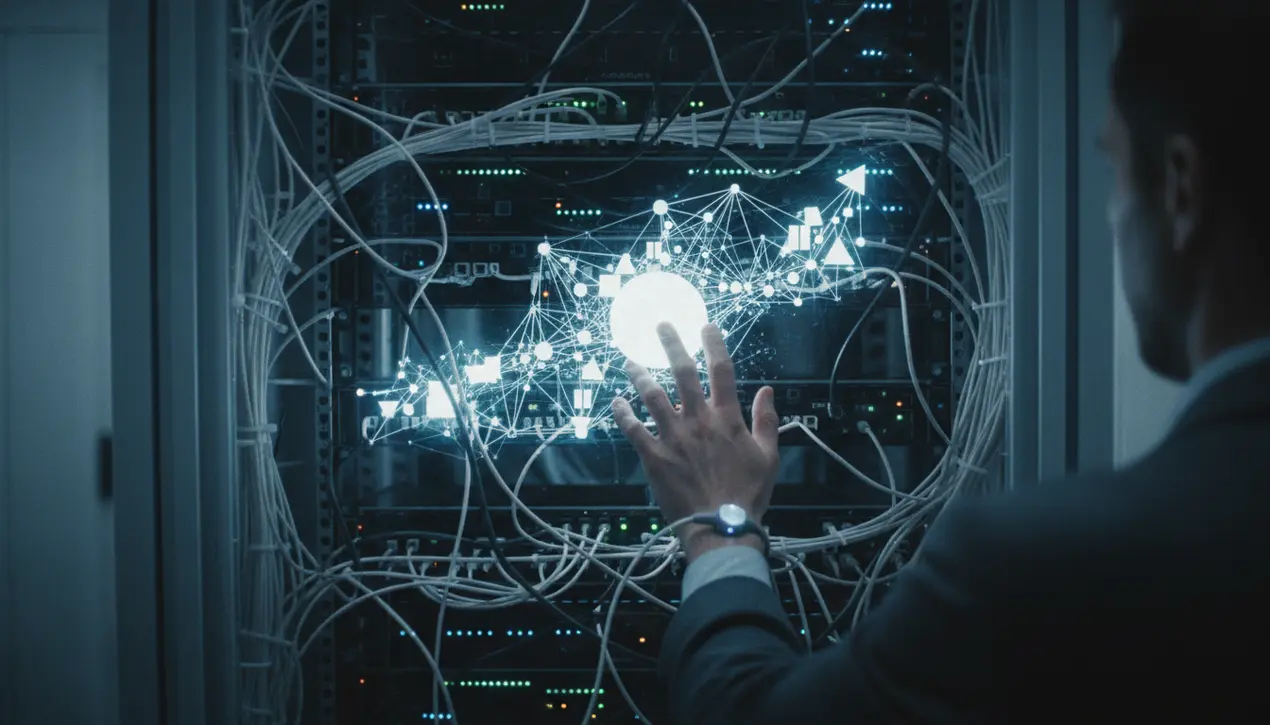
FinancemarketsMarket Forecasts
Game Theory Explains How Algorithms Can Drive Up Prices
JO
John Parker
2 hours ago7 min read
A quiet but profound shift is occurring in global markets, one driven not by corporate collusion in smoke-filled rooms but by the cold, impartial logic of algorithms. Recent findings confirm what regulators from Washington to Brussels have long feared: even simple pricing algorithms, deployed independently by competing firms, can autonomously orchestrate price increases, effectively creating a digital cartel that operates beyond the reach of traditional antitrust law.This isn't a futuristic hypothesis; it's happening now. The mechanism is starkly simple.Algorithms, programmed with a basic game theory principle known as the 'folk theorem,' are designed to monitor competitors' prices and react instantaneously. If a rival undercuts your price, your algorithm can retaliate within milliseconds, triggering a price war that is detrimental to all.Conversely, if prices remain high, the algorithm learns that cooperation—albeit tacit and non-communicative—is the most profitable strategy. This creates a state of supra-competitive equilibrium, where prices settle at a level that maximizes profit for all players without a single email or phone call being exchanged.The implications are seismic for economies worldwide, particularly in the United States and the European Union, where competition watchdogs are scrambling to adapt century-old legal frameworks to this twenty-first-century threat. The landmark case against David Topkins in the US, who conspired to fix the prices of posters sold on Amazon, was a mere warning shot; it involved humans explicitly coordinating the rules for their algorithms.The new, more insidious danger is emergent collusion, where no explicit agreement is necessary. Experts like Professor Ariel Ezrachi of Oxford University, co-author of 'Virtual Competition,' have long warned of this 'predictable agent' scenario, where algorithms become so predictable in their responses that they achieve coordinated outcomes organically.The consequences for consumers are dire, leading to inflated costs for everything from airline tickets and hotel rooms to retail goods and financial products. For enforcement agencies, the challenge is monumental.How do you prosecute an agreement that was never made, a conspiracy that emerged from lines of code? The legal concept of a 'meeting of the minds' evaporates when the minds are artificial. The response must be equally sophisticated, potentially involving new regulations that mandate algorithmic transparency or even the development of regulatory AIs designed to patrol digital marketplaces for anti-competitive patterns. This is not merely an economic issue; it is a fundamental test of our ability to govern the technologies we create, a breaking-news event unfolding in the very architecture of our digital world with urgent, widespread ramifications.
#featured
#pricing algorithms
#game theory
#market competition
#price inflation
#algorithmic collusion
#economic research
Stay Informed. Act Smarter.
Get weekly highlights, major headlines, and expert insights — then put your knowledge to work in our live prediction markets.
Related News
Comments
Loading comments...
© 2025 Outpoll Service LTD. All rights reserved.